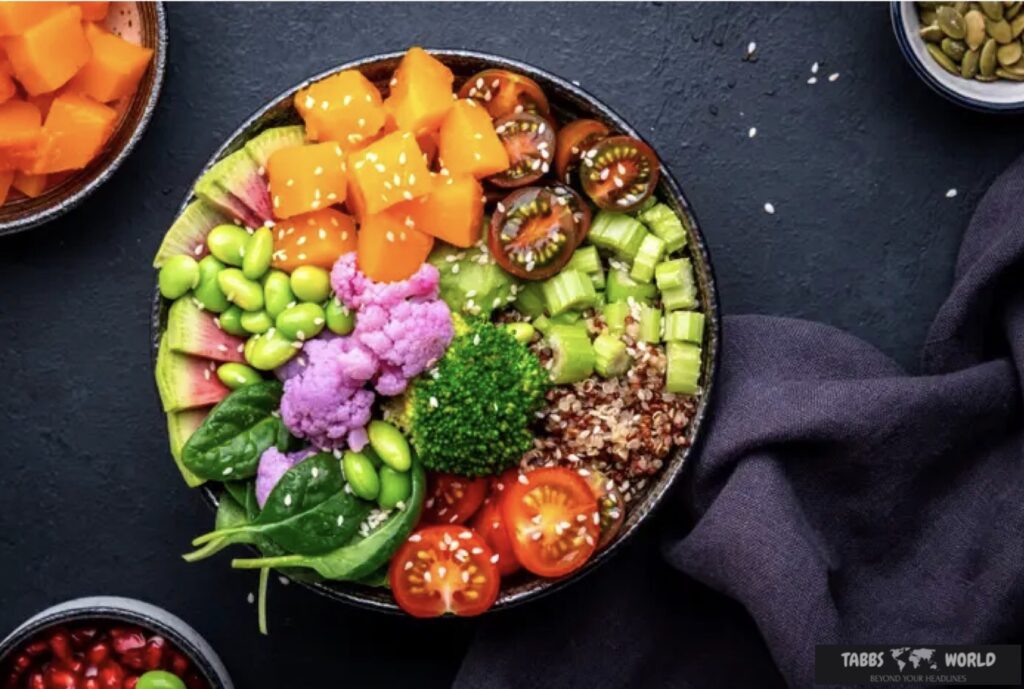
Everyone wants the magic formula for longevity and good health, but achieving it is not straightforward. However, there are specific steps you can take to increase your chances of living a long, healthy life. According to Dr. Linda Shive, an internist and director of culinary and lifestyle medicine at Kaiser Permanente in San Francisco, improving your diet and increasing physical activity are key ingredients.
The Role of Diet in healthy life
Q: What should I eat to live longer?
A: Focus on eating foods in their natural state, such as whole grains, vegetables, fruits, fish, eggs and nuts. Avoid ultra-processed foods such as shelf-stable items that are high in refined carbohydrates and high in sugar, such as white bread.
Cruciferous vegetables:
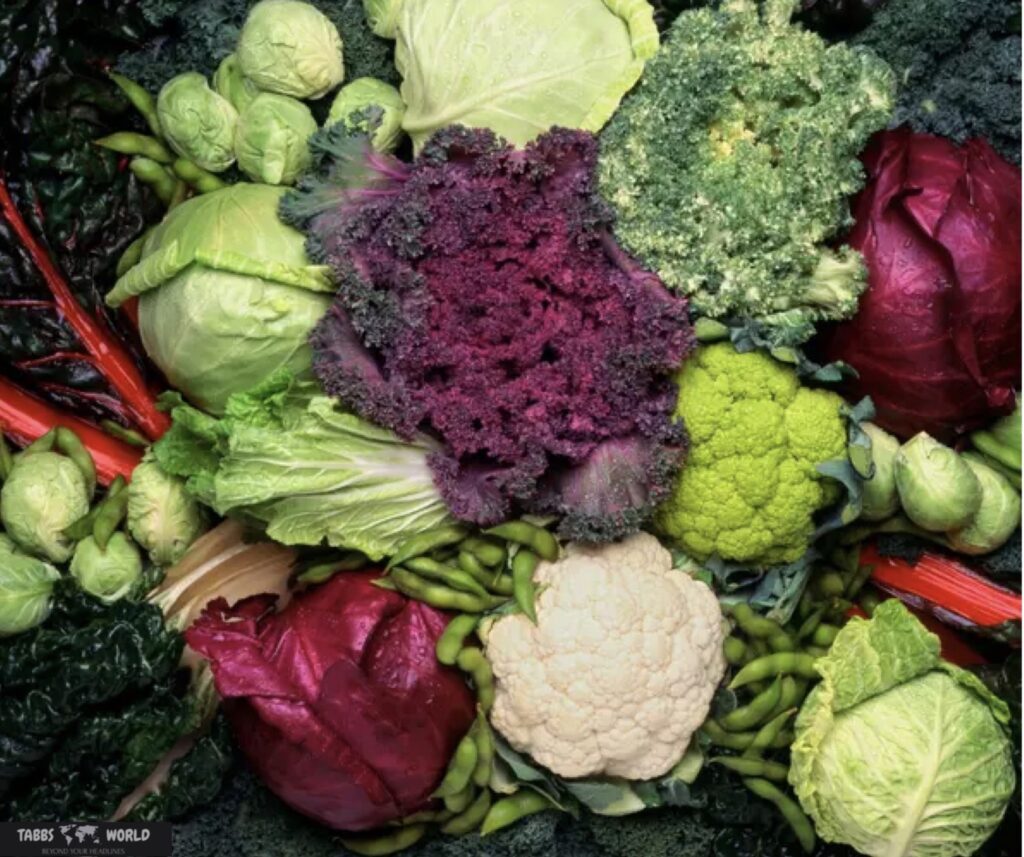
Cruciferous vegetables such as broccoli, kale, Brussels sprouts and cabbage are incredibly beneficial. They are rich in anti-inflammatory, anti-cancer and anti-aging phytonutrients. These vegetables are also an important source of magnesium, a mineral responsible for more than 600 enzyme reactions, and folate, a B vitamin important for DNA methylation, which affects our longevity genes. Is.
Q: How many cruciferous vegetables should I eat?
A: There is no upper limit, but a good rule of thumb is to cover about three-quarters of your plate with these vegetables.
Dark leafy vegetables:
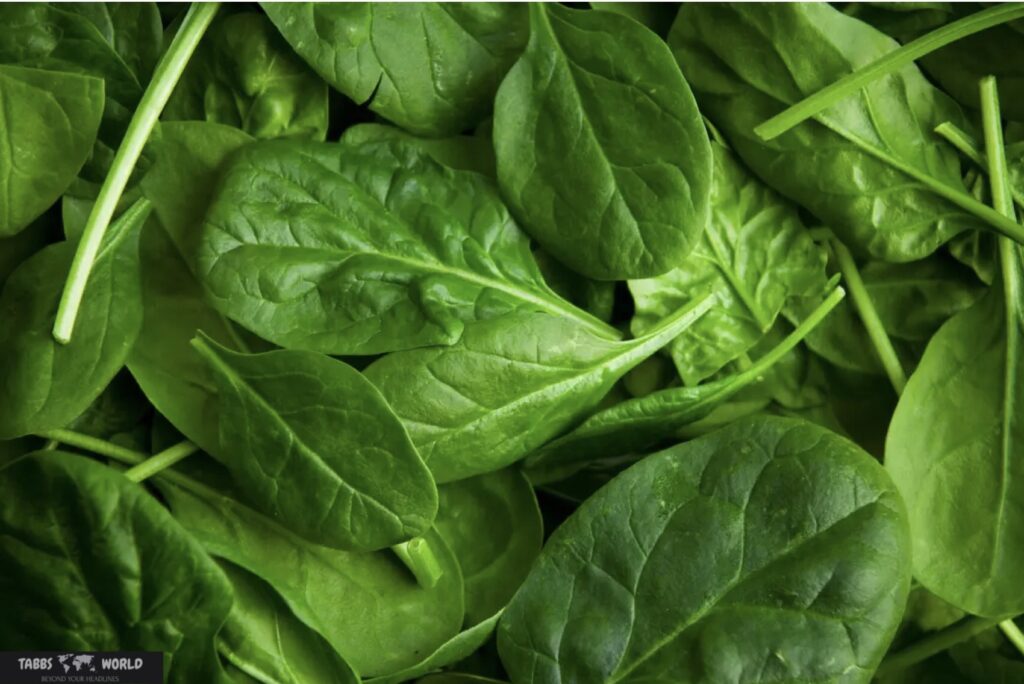
Dark leafy vegetables, a subset of cruciferous vegetables, are essential for heart health and reducing the risk of certain cancers. They are high in fiber and folate, which helps prevent colon polyps and cancers such as breast, lung and cervical.
Fatty fish:
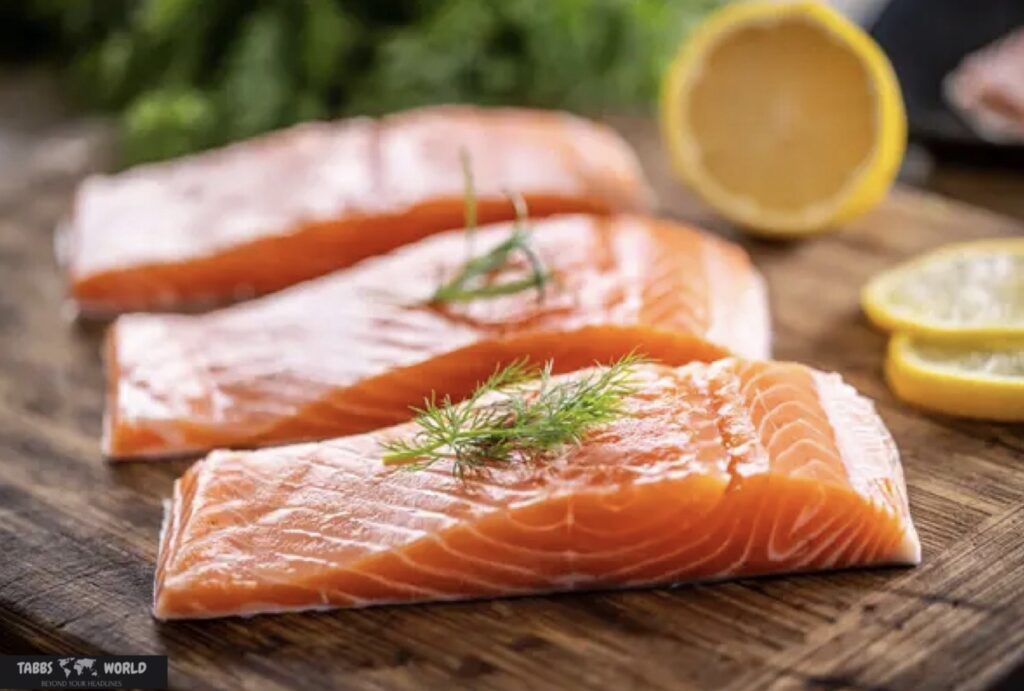
Fatty fish such as wild salmon, sardines, anchovies, herring and mackerel are excellent sources of protein and the omega-3 fatty acids DHA and EPA. Eating salmon twice a week can significantly reduce the risk of heart attack, arrhythmia, stroke, high blood pressure and high triglycerides. Omega-3 fats also fight inflammation, which is the cause of many chronic and age-related diseases.
whole grain:

Whole grains help lower “bad” LDL cholesterol, triglycerides, and blood pressure. They reduce the risk of heart disease, type 2 diabetes, metabolic syndrome, and some cancers.
Extra virgin olive oil:

Extra virgin olive oil is rich in healthy monounsaturated fats, antioxidants, and polyphenols like oleuropein, which have anticancer, anti-inflammatory, cardioprotective, and neuroprotective properties. Just half a teaspoon a day can significantly reduce the risk of death from cardiovascular, neurodegenerative, respiratory diseases and cancer.
Berries:
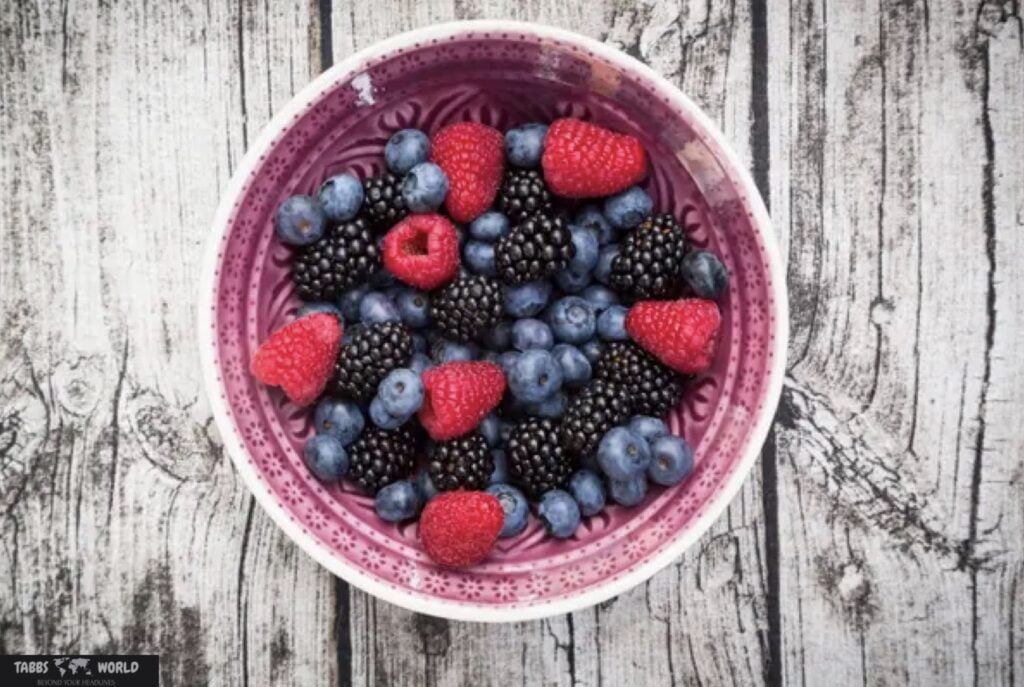
Berries have a low glycemic load and are rich in antioxidants, which help repair cells and prevent diabetes. They are a great choice for dessert because of their health benefits.
Fermented foods:
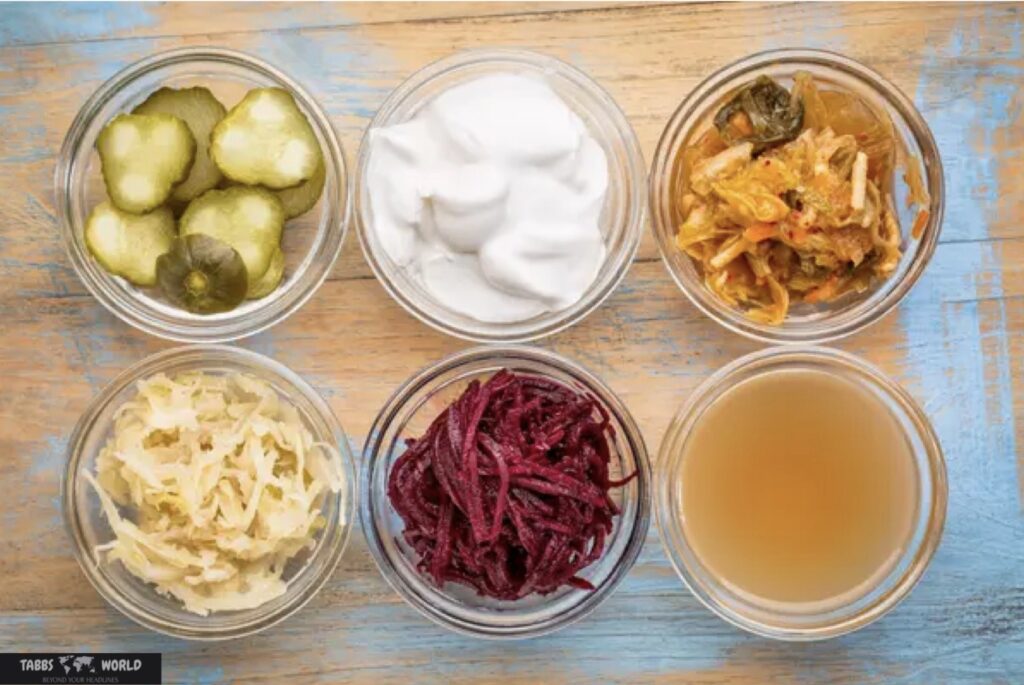
Fermented foods such as kimchi, kombucha, tempeh, miso, and sauerkraut contain beneficial bacteria that promote a healthy gut, boost the immune response, reduce inflammation, and increase microbial diversity. Start with one serving daily and increase gradually.
Tree nuts and seeds:
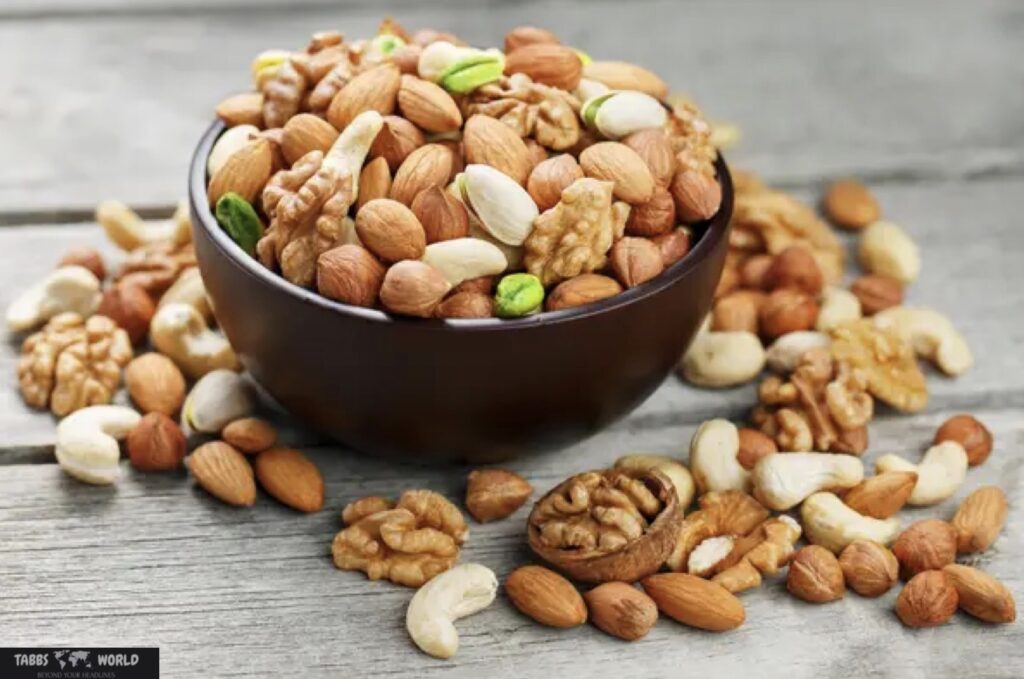
Tree nuts and seeds, including almonds, Brazil nuts, sunflower seeds, pumpkin seeds, cashews and walnuts, are packed with protein and fiber. They help reduce visceral fat and improve insulin sensitivity. Walnuts, in particular, are a good source of plant-based omega-3 fatty acids.
Plain yogurt:

Plain yogurt, especially Greek yogurt, is rich in protein, calcium, magnesium, and gamma-aminobutyric acid (GABA), which relaxes the body, reduces stress, and improves sleep.
Dark chocolate:

Rich in antioxidants, dark chocolate reduces the risk of heart attack, stroke and diabetes. It also supports brain health by increasing neuroplasticity, which improves memory, cognition and mood. Look for dark chocolate with at least 75% cocoa content.
Lentils:
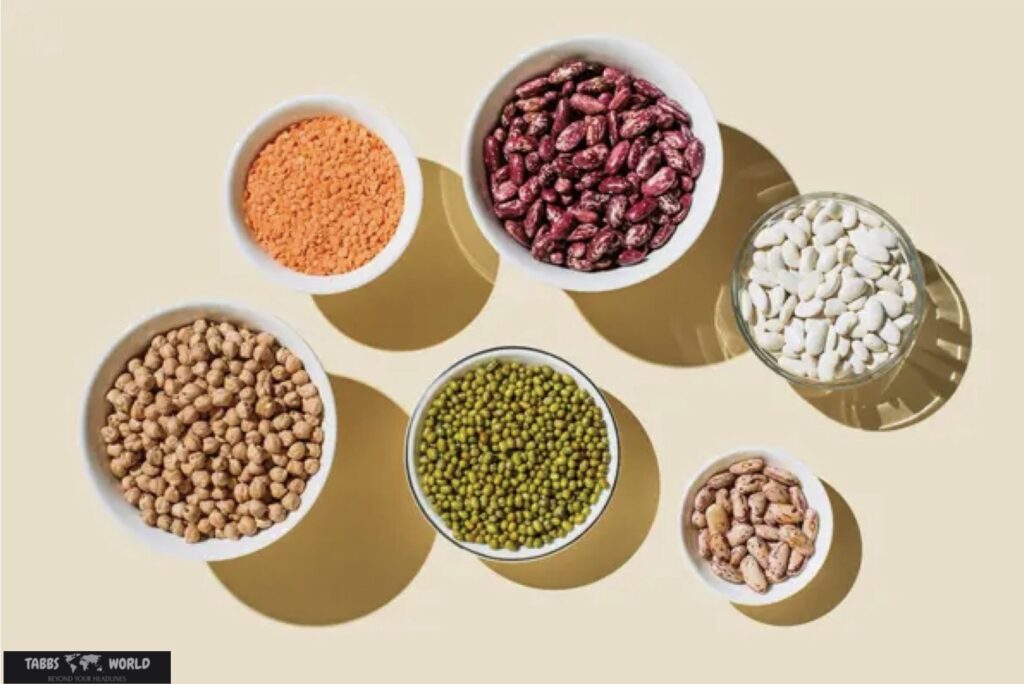
Legumes like lentils, peas, chickpeas and peanuts provide plant-based protein and fiber. They stabilize blood sugar, lower cholesterol, and reduce the risk of colon cancer.
tomato:
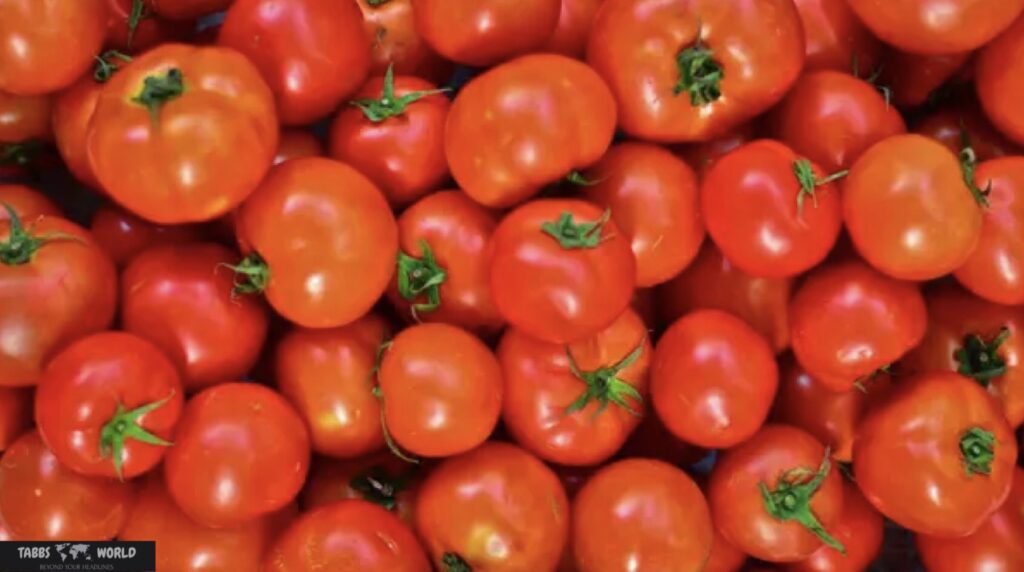
Tomatoes contain lycopene, an antioxidant that prevents heart disease, and high levels of vitamin C, which boosts immunity and aids in wound healing.
conclusion:
While there is no magic formula for a long and healthy life, focusing on a balanced diet rich in natural, nutritious foods can significantly improve your chances. Including a variety of these recommended foods in your daily diet can help you achieve better health and longevity.



